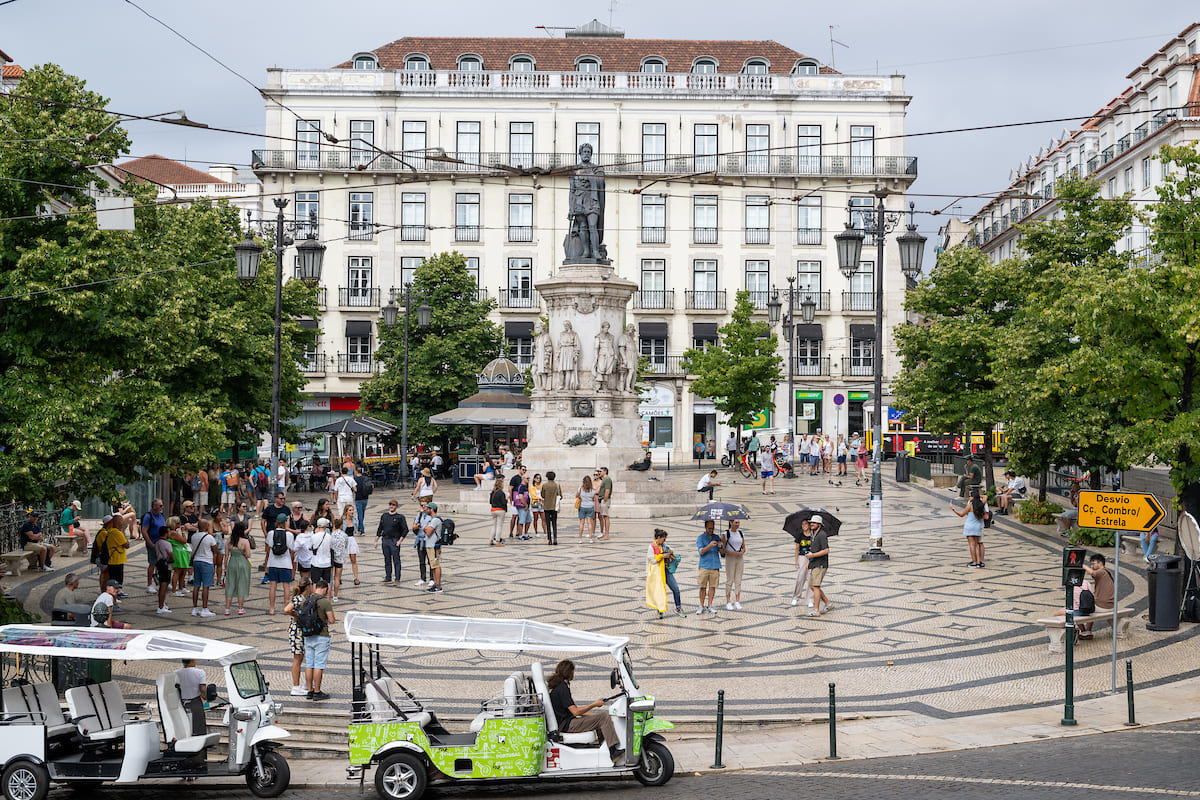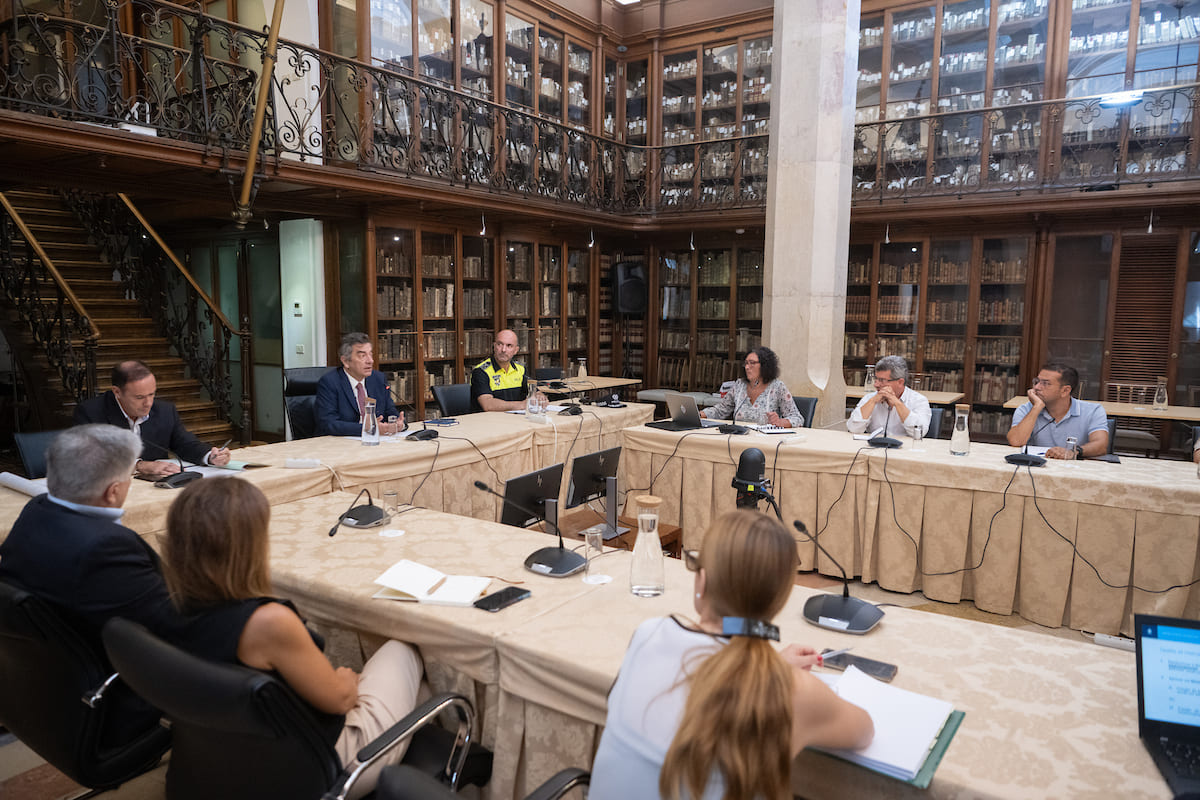Tuk Tuks in Lisbon will have compulsory licensing and limited parking
At this meeting, attended by the vice-president, Filipe Anacoreta Correia, the Municipal Police and the Public Security Police, the most serious situations in the city were identified and concrete proposals for better management and planning of urban space were presented:
- Lisbon City Council will identify areas that will be zero tolerance as far as parking is concerned. Strict compliance with the law will be enforced with regard to the legal limits for this parking, without exception. This enforcement will be a joint operation between the PM, PSP and EMEL;
- It will be compulsory for operators to be licensed by CML so that they can park their vehicles in the designated and legally assigned zones. One of the requirements will also be the training of vehicle operators;
Lisbon City Council intends to halve, to 500, the number of vehicles allowed to park in public spaces in the city and intends to create 250 authorized parking spaces for vehicles licensed by CML;
CML is and will continue to work on regulations to regulate this activity. In particular, some areas of the city will be restricted to electric vehicles. In the future, this regulation will also define the increase in the number of parking spaces.
Lisbon City Council is trying to look after the city and the public space, while stressing that the licensing for the activity is granted by another entity: Turismo de Portugal. In this regard, CML is going to request a meeting with Turismo de Portugal so that the licensing of tourist entertainment vehicles can be monitored.
Carlos Moedas, the mayor of Lisbon, believes that "it is essential to look for solutions to impose order and some discipline on this problem, which the city has been struggling with over the last few years".
"We're also going to have to adopt a zero-tolerance approach to some of the areas that have been massacred by the unregulated presence of this type of vehicle. It's also essential for the municipality to have the means to control the scale of the operation in the city and, specifically, the maximum number of tuk-tuks that the city can support for circulation," adds Carlos Moedas.


